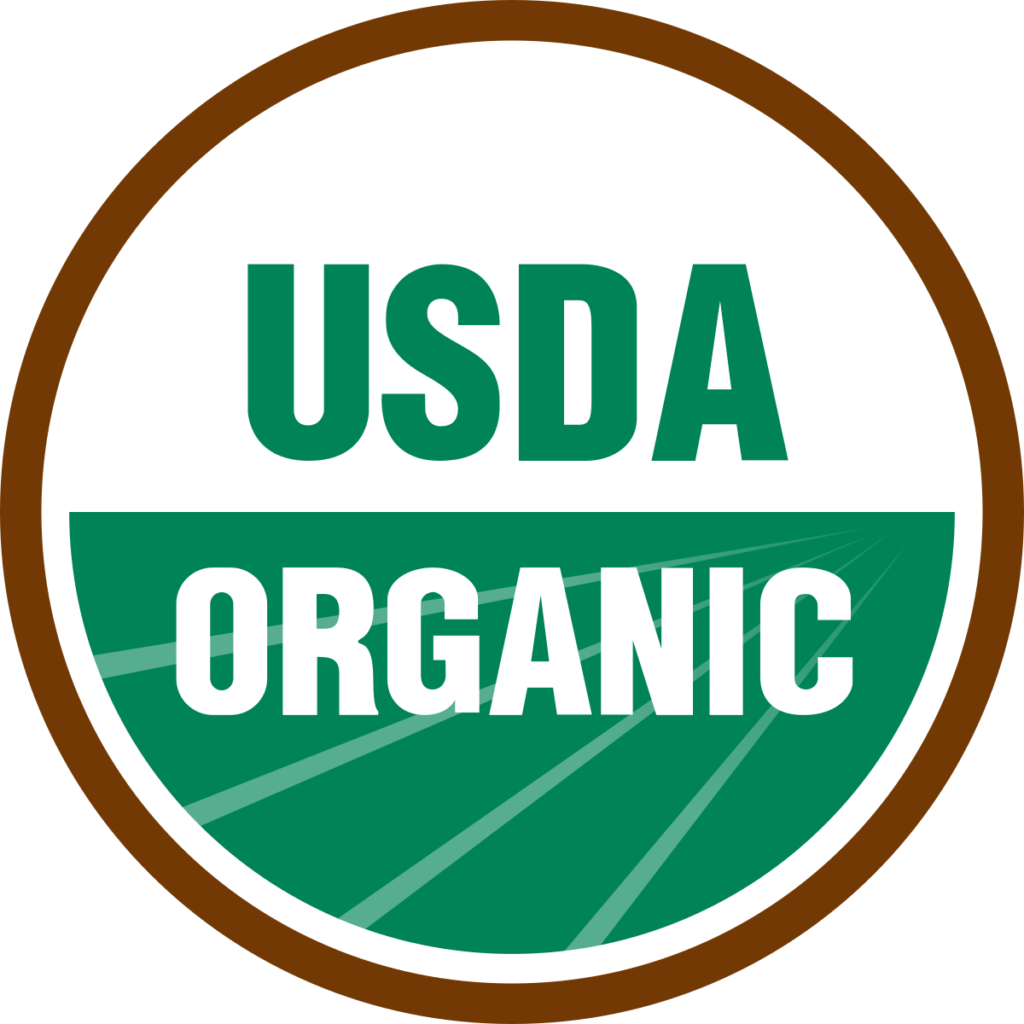
Virtually All USDA Organic Honey is Imported, Not Produced in USA
Background
In my previous deep dive blog attempting to answer the question “What is organic honey?” I stated that the USDA does not certify any American-produced honey as organic. After receiving questions from a (reasonably) skeptical reader on the accuracy of this statement, I investigated further, and it seems that there could be authentic, domestic, made-in-USA, USDA-certified organic honey out there after all. As in Canada with the Canadian Organic Regime, the USDA certification is performed by different certifying agencies, which do not all necessarily interpret or apply the organic criteria for honey in the same fashion. While in Canada it’s more a question of rigor and integrity, in the USA the still unfinalized USDA standards for honey leave it more open for interpretation.
Get pure raw honey delivered fresh from our farm to your table.
We’re confident that our honey is at least as free from antibiotics, pesticides, hormones, heavy metals and sugar syrups as any organic honey out there. Money back guarantee to anybody who proves otherwise. You can get 10% off orders up to $110 with coupon code CleanHoney the next time you buy raw honey online from us here.
A Murky Process
In response to my question “Do you have a reference that states that the USDA does not certify any domestic honey as organic?” journalist Lisa Held, author of this superb piece on organic honey in America, replied:
“Unfortunately, the whole process is a little murky, and I don’t have a definitive answer for you. USDA created standards for organic certification for honey in 2010 but they were never finalized. But individual certifiers each do things slightly differently, and many of my sources said there are some that use those ‘in progress’ standards to certify honey produced in the US. The other big issue is that most US operations wouldn’t qualify under those standards, because guaranteeing a 1.8-mile [3.2km] organic radius is pretty difficult. So there’s definitely not much, even if some certifiers will do it…”
So there could be honey produced in the USA that is certified as USDA organic by one of the agencies that takes a more “open” view of the situation. I stand corrected.
Why It's So Hard to Produce Organic Honey in the USA
For those that didn’t read my first blog on this topic, here’s and idea of what that 1.8-mile radius looks like in real life (this is a 3km radius in accordance with Canadian Organic Regime standards which is about 1.86 miles):
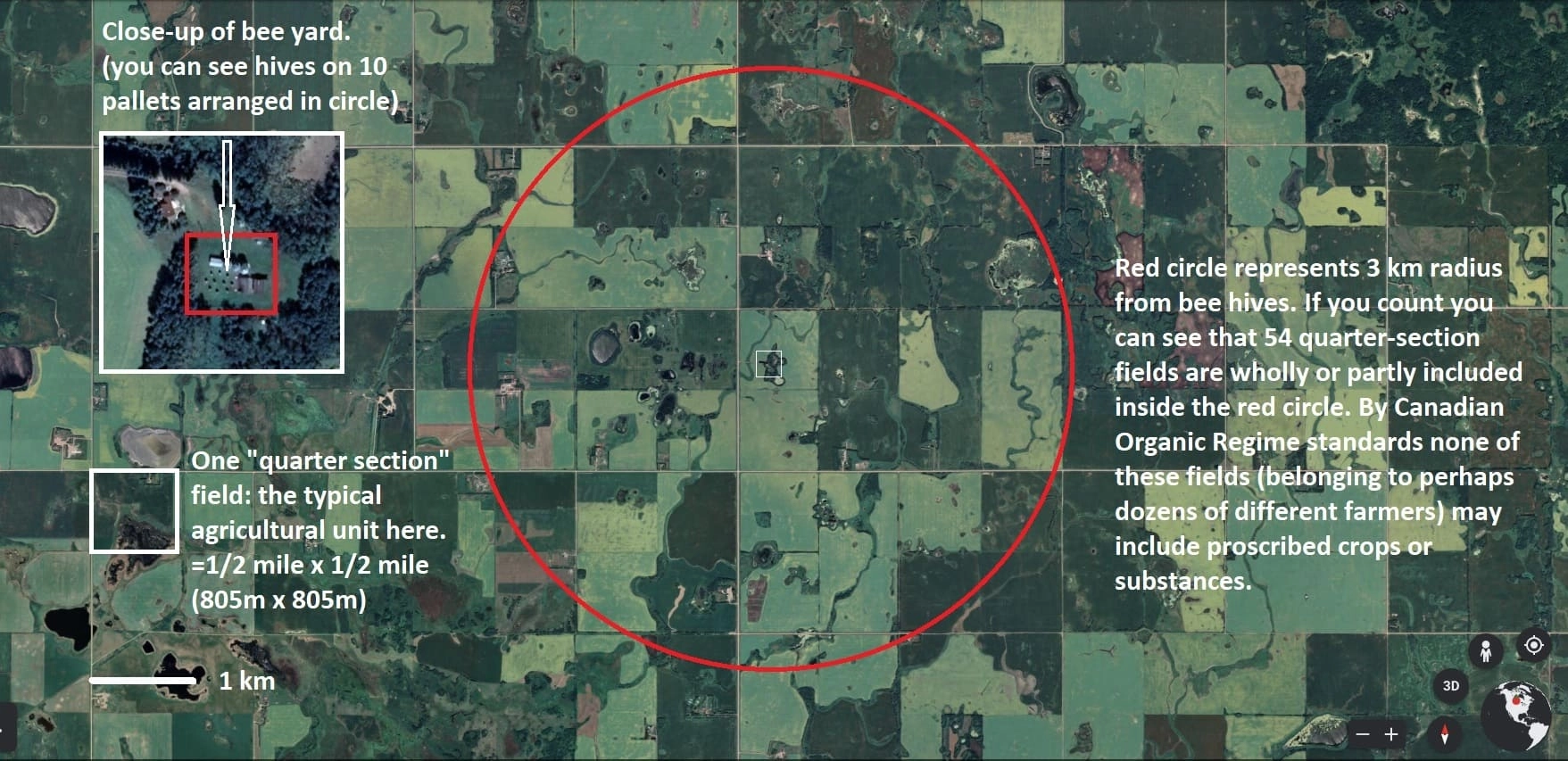
Our apiaries are located in a relatively low-intensity agricultural area compared with most of the United States (or much of Canada). Many of our apiaries are in the area known as “The Parkland” for its abundance of provincial and national parks. You can see a fair bit of non-agricultural land in the above picture. However, every one of our 4,000+ beehives can access agricultural land that we, the beekeepers, have zero control over.
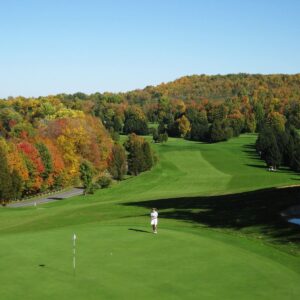
In the United States, a large percentage of beekeepers move their bees from place to place, state to state, in order to earn revenue from pollination fees for various crops. Almost any one of these crops would immediately disqualify them from organic certification for their honey. 1.8 million American beehives (that’s 2/3 of all the beehives in the USA) are transported to the spring almond pollination in California. (Here’s an excellent article on the issues surrounding almond pollination by migrating honeybee colonies.) This alone disqualifies a large percentage of beehives and honey from organic certification due to the chemicals ubiquitous in the almond industry. That 2-mile radius also applies to each location the bees are moved to: More locations greatly increases the likelihood of organic disqualification. Many beehives that don’t participate in the almond pollination participate in the pollination of other crops, such as melons, tomatoes, apples, blueberries, canola and cherries. The agricultural practices used to produce the vast majority of these crops disqualifying any honey those colonies made during the pollination and in the next 270 days. Once bees exposed to a prohibited crop, chemical or water within the 2-mile/km limit, any honey that the bees make for rest of the season is ineligible for organic certification.
There is a small percentage of hives that don’t move around to pollinate different crops and spend the whole year in one location, which dramatically decreases their possibility of exposure to organic certification disqualifying crops and agriculture practices. Even in this situation, organic certification would be exceptionally rare. The apiaries still need to satisfy the 2-mile forage radius requirement for their single locations (over 8000 acres / 3240 ha – approximately illustrated above) in addition to meeting all of the
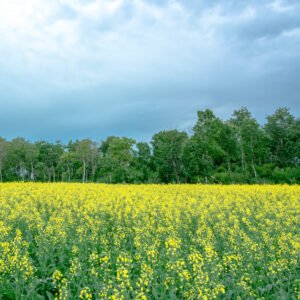
organic beekeeping requirements. I can’t overstate how extremely rare it would be to find a location in the United States where there’s a circular area with a 2-mile radius that doesn’t include a prohibited chemical, substance, crop or contaminated water that can also support honey production (i.e. has enough blossom for the bees to produce excess harvest-able honey).
If a beekeeper in the USA can find one of these extremely rare locations, AND they commit to organic beekeeping practices, then there are likely certifying agencies in the USA that would certify this honey as USDA organic.
I maintain that legitimate organic honey from the USA is extremely rare and that the vast majority of honey labelled “USDA organic” on supermarket shelves is imported. You can check the label yourself.
As an environmentalist I have great respect for the organic movement. At its core the organic movement encourages a more sustainable way to produce food that is better for the planet, any livestock involved, any farm workers, and should be healthier for the consumer, or at least be free from added harmful substances. However, when it comes to honey and beekeeping, the consumer’s choice of buying organic doesn’t have nearly the economic incentive for more environmentally friendly agricultural practices as it does with other foods like meat, vegetables, fruit, grains, or fish, since a huge aspect of organic certification of honey is entirely out of the beekeeper’s control.
Honey from Canada that's every bit as clean, pure and healthy as organic
Don’t forget to use coupon code CleanHoney for 10% off your next order (up to $110 order value)
Food Safety and Health Benefits
In terms of health benefits (as opposed to health harms and food safety issues of chemical contamination), organic honey and non-organic honey will impart the same health benefits on the consumer. From the health benefits perspective, the important questions are:
- Is the honey pure and free from adulteration?
- Is the honey raw and fresh?
Non-organic raw honey has more health benefits than pasteurized, processed organic honey. If the organic honey isn’t also labelled “raw” (and unfortunately, sometimes even when it is), then you can assume that it’s pasteurized, and though it should be free from chemical contamination, it will have decreased health benefits compared to any pure raw honey.
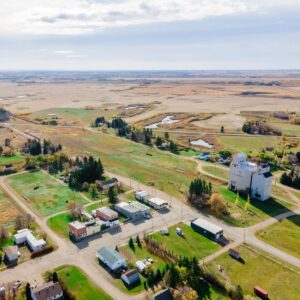
Certified organic honey should be free of any potentially harmful chemicals due to the certification requirements. This not an absolute guarantee. Bees can and do occasionally forage further than the 1.8-mile/3 km limit. It’s not feasible for any certifying agency or beekeeper to monitor such large areas constantly (remember the 1.8-mile radius area is for each apiary and most commercial honey producers have many apiaries).
Although organic honey certainly has a lower risk of contamination by harmful chemicals than honey that is not organically certified, this does not mean that honey that is not certified will be contaminated. For agricultural chemicals to get into the honey they first have to be expressed into the nectar of the flower. This not a given: Many herbicides, pesticides and fungicides are sprayed prior to blossom and are not absorbed by the plant and expressed into the nectar. Of course for any chemical in the flower nectar to make it into the honey, the bees would need to forage those flowers: In the summer rush, there may be so many acres/hectares of accessible blossom that some fields receive very few visits from bees from any given apiary. The bee itself filters out some chemical contaminants in its own body as it digests the nectar into honey. There is clean non-organic honey out there. I can guarantee you that our (regular, non-organic-certified) Wendell Estate Honey is 100% antibiotic-free, pesticide-free, heavy metal-free and no sugar syrups: it’s as raw, fresh, healthy and safe as any honey out there, despite the lack of organic certification. This has been proven repeatedly, year after year, with laboratory testing.
We’re definitely not the only beekeepers in North America that offer clean, natural, uncontaminated honey that doesn’t have organic certification. Two Beekeepers practices natural beekeeping and offers pure raw honey from their farm in Illinois. Martin Szudarski of Two Beekeepers was kind enough to share his knowledge of beekeeping, honey, and USDA organic certification South of the border with me as I researched this post. I’d also like to thank Josh Blackmon of World Honey Market for his help clarifying the very complex issue of organic honey certification in the USA. Both Two Beekeepers and World Honey Market both also have excellent honey for sale (click the links above to visit their respective websites).
Finally, Wendell Estate Honey does have limited supplies of Canadian Organic Regime (COR) certified organic honey that we package in cooperation with beekeeping friends of ours whose honey farm is located in one of those rare remote areas where their bees and honey meets all the strict requirements for organic honey certification. Contact us (contact info below) if you are interested in our organic honey.
Jeremy Wendell
Share this story
